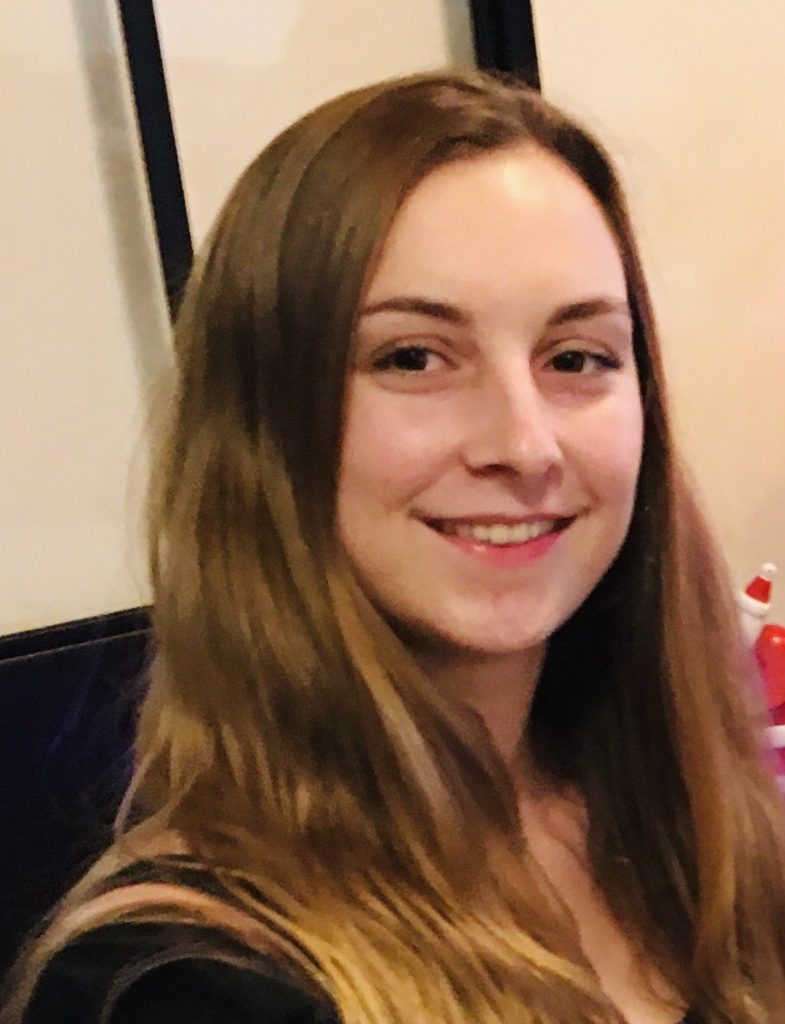Camille Lapierre is a NAATI Certified Conference Interpreter in French, AUSIT NSW Branch Chair and a tutor for interpreting courses at University of New South Wales (UNSW).
Becoming an interpreter was something I dreamt of since the age of 12. I was born and raised in the western part of France and had the opportunity to learn a few languages at school and then later on at university. I truly enjoyed being able to communicate with more people across the globe and started to search for a career path that would allow me to use those languages on a daily basis; that is when I discovered interpreting. Although conference interpreting was presented as the only viable choice in Europe, I had learned about liaison and community interpreting and I wanted to find a way to learn about different modes and settings to then decide what I would prefer.
During my Bachelor in France, I opted to study abroad on an exchange at the University of Sydney. Being able to practise English in an English-speaking country was crucial for me and I had to find a partner institution that provided Mandarin language courses since it was my other major. This is why, despite living just a 90 minute flight away from the UK, I embarked on my first long journey to the land down under. This trip not only helped me achieve my original goals but also changed my plans completely.
After returning to France a year later, I decided not to go to Paris once I completed my Bachelor Degree but instead travel again to Australia and gain my Masters of Interpreting. It was not an easy decision as many of you may know that higher education in France is much less costly than here and being the eldest in a large family, I felt some pressure to avoid burdening my parents. To this day, I do not regret having made that decision as it gave me opportunities that I would otherwise not have had. I worked hard during my studies to support myself, I learned about the various modes and settings of interpreting in Australia and started to appreciate the profession to a greater extent. Eventually, I completed my Master of Interpreting at the University of New South Wales and became a first accredited and then certified practitioner in community and conference interpreting.

From that moment onward, I was overjoyed with having achieved what I had dreamt of for so many years. Seeing the impact of my work brought me great satisfaction as I helped people from different walks of life access critical information in medical centres, hospitals, courts and tribunals and so on. I never forget the honour and privilege I have to be a part of special moments in people’s lives, to get to know famous writers and directors, or to assist communication between governments in major events and conferences.
I am grateful for the opportunity to be challenged to constantly improve myself and to learn new things every day. This is one of the reasons why, when one of my former teachers at UNSW asked me whether I would like to come back to tutor students in one of the interpreting courses, I said yes. I had been teaching English and French on the side for a few years and I had always enjoyed being able to share what I had learnt, and I found that, more often than not, students had a lot to teach me as well. Witnessing the development of students’ interpreting skills and awareness is something that has been critical in reminding me to continuously hone my skills as well to provide them the best experience possible. As an active practitioner and a tutor in interpreting studies, I strongly believe that the theory and the practice can go hand in hand to inform each other and lead to a stronger profession.
Another important aspect in my career has been my involvement with AUSIT, our professional association in Australia. After I completed my studies and realised that, as a freelancer, I had to figure a lot of things out, I decided to join the AUSIT NSW branch committee to connect with other practitioners following an invitation by the chair. I quickly learnt more about the current state of the industry, increased my network and met many accomplished professionals who supported my advancement in this career.
I am still learning, and I do not think I will ever stop. I continue to enhance my language skills so that I may be able to help other communities in the future.
I am humbled that NAATI gave me a chance to share my story and I hope that it may inspire some of the younger generation of practitioners and soon-to-be graduates of translation and interpreting to get involved in their industry, to keep on learning and to form networks to ensure they feel prepared for anything that may come.
